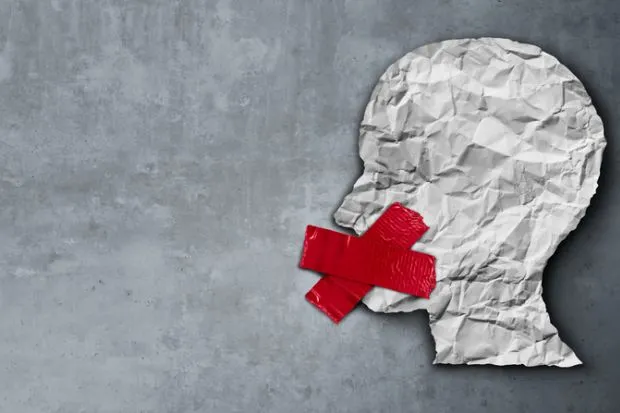Table of Contents
Gabriel Nadales
Throughout the country, we have seen a rise in antisemitic protests and attacks against Jewish people. In fact, since Hamas’ massacre of Israeli and Jewish civilians on Oct. 7, antisemitic incidents have surged in the U.S. by over 360% as of early 2024.
The latest inflection point occurred on college campuses where thousands of students and outside agitators have been arrested for committing several criminal acts including destruction of property and assault.
While many claim that these protests are merely against Israel’s foreign policy and not against Jewish people, many leaders and organizations, not just random members of the protests, have endorsed Hamas and its antisemitic rhetoric.
For example, not long before the campus occupations began at Columbia, a student group called Social Workers 4 Palestine tried hosting an event praising Hamas for its Oct. 7 massacre. Meanwhile, a student at the University of Pennsylvania gave an impassioned speech supporting Hamas and their unprovoked massacre.
To be clear – supporting Hamas is antisemitic. Hamas are not freedom fighters – they are a federally designated terrorist group. In fact, their charter not only talks about destroying the State of Israel but also Jewish people. To quote directly, “Our struggle against the Jews is very great and very serious.”
Antisemitism should concern all Americans. It’s often seen as a “canary in the coal mine,” warning of broader societal issues and human rights dangers. But times of emergency lead to the worst type of legislation.
A key example is H.R. 6090, the Antisemitism Awareness Act of 2023, a bill that the House of Representatives overwhelmingly passed and is now pending before the Senate. This bill adopts a new definition of antisemitism that is overbroad and constitutionally vague.
I understand why people think they can use the government to stop hateful speech. But censorship does not actually stop bigotry. It often makes it worse.
Many Americans are familiar with the term “the heckler’s veto.” In layman’s terms, the heckler’s veto occurs when people silence or de-platform another person through heckling or government censorship. However, the heckler’s veto often births what I term the “heckler’s megaphone,” where silencing speech only amplifies its message.
Most Americans remember the Charlottesville, Virginia, attack in 2017 where James Alex Fields, a white supremacist, plowed through a crowd of counter-protesters and killed a woman. If Fields had not killed someone, Americans may have largely forgotten about the rally. But in an attempt to silence these counter-protesters, Fields amplified their message as Americans throughout the country were rightly left horrified.
One of the best examples of the heckler’s megaphone that I can think of is Andy Ngo, a reporter who extensively covers Antifa. Before 2016, Andy had a relatively small following where he would expose Antifa activists’ criminal activity.
Yet, in 2019 Andy was violently assaulted by Rose City Antifa. Suddenly, his reporting became iconic, and he is now one of the leading experts reporting on extremist factions with over 1.4 million followers on X. Antifa’s attempt to silence Andy is the reason his book became a New York Times bestseller.
Then there’s the attack on Charlie Hebdo magazine in Paris in 2015, where Islamic terrorists killed 12 people over an offensive caricature of the Muslim prophet Muhammad. But instead of silencing the magazine, it rallied international support and boosted subscriptions.
The Antisemitism Awareness Act has not even become law yet, but it is already being used as a talking point for white supremacists and other antisemitic extremists as false evidence of Jewish people controlling America. These types of antisemitic and racist statements are offensive. But attempts to silence them just give them a platform and a megaphone.
To combat antisemitism, it is important to expose vile rhetoric. But more importantly, we need to engage with hateful voices to change their hearts and minds toward a more tolerant society. In other words, the best way to combat antisemitism is with more speech.
This article was originally published by RealClearPolitics and made available via RealClearWire.









